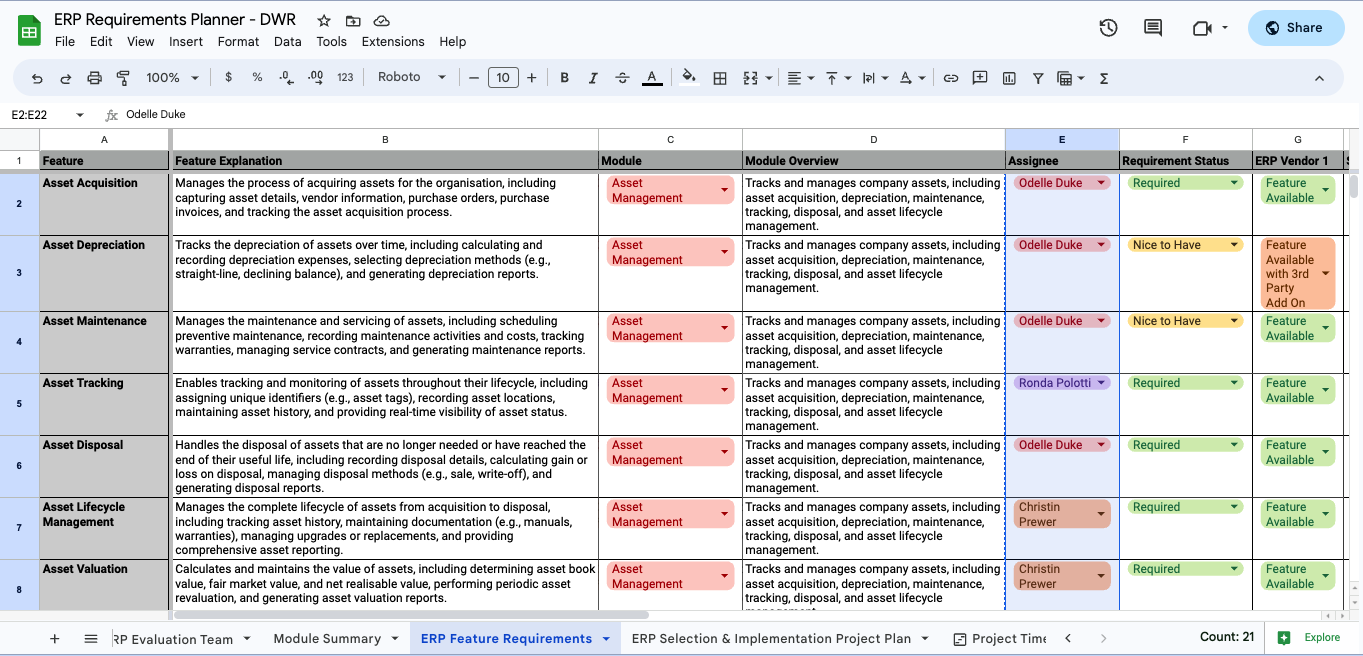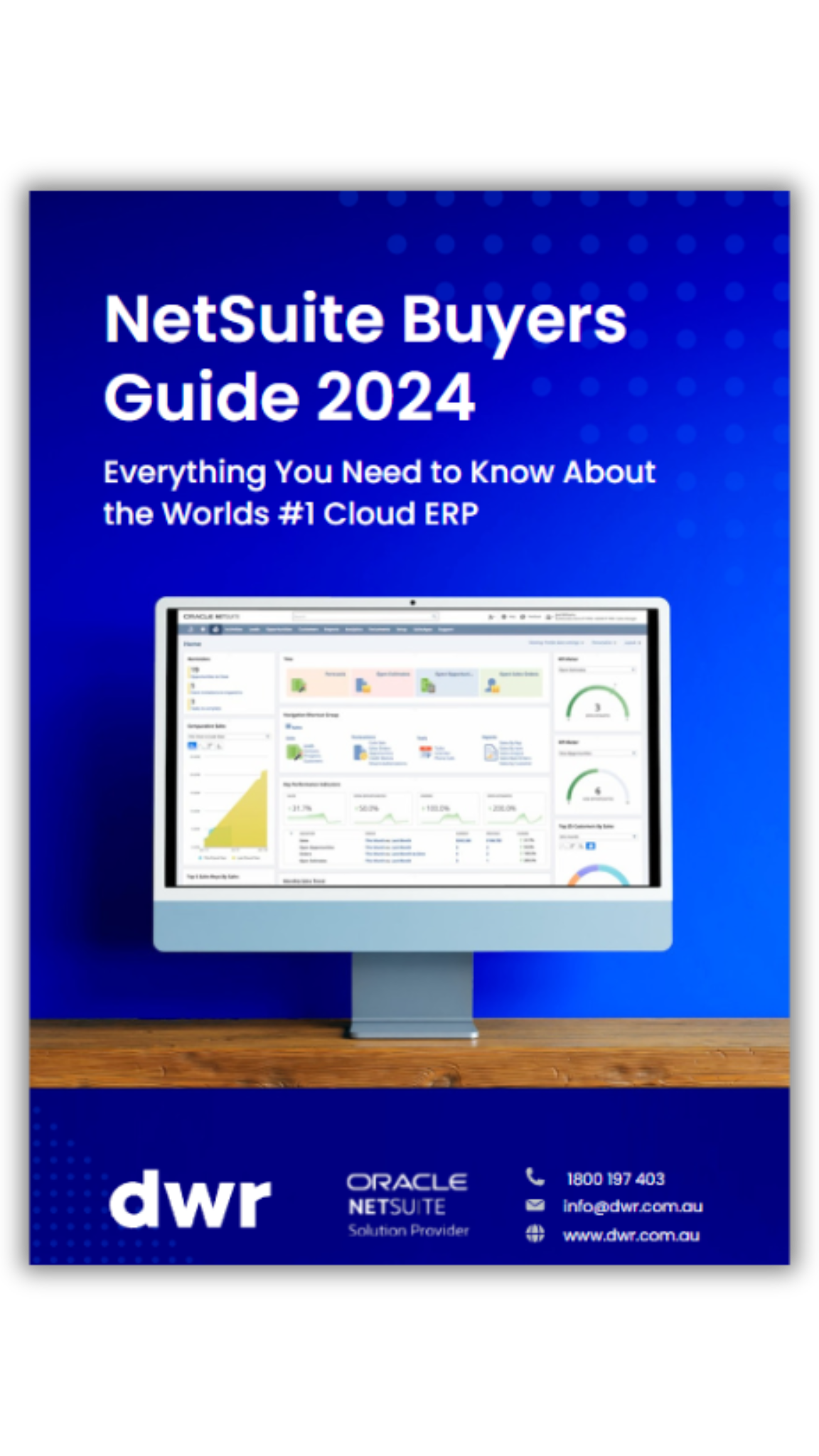```html
In today's rapidly evolving business landscape, digital transformation is no longer a choice but a necessity. For organisations looking to stay competitive, mastering Enterprise Resource Planning (ERP) digital transformation is crucial. ERP systems are the backbone of many businesses, integrating various functions such as finance, human resources, supply chain, and customer relations into a single cohesive system. However, the journey to successful ERP digital transformation is fraught with challenges. This article explores key strategies for mastering ERP digital transformation, ensuring your organisation not only survives but thrives in the digital age.
Understanding ERP Digital Transformation
ERP digital transformation involves the integration of digital technology into all areas of a business, fundamentally changing how you operate and deliver value to customers. It’s about more than just implementing new software; it’s about rethinking processes, culture, and customer experiences. Successful ERP digital transformation can lead to increased efficiency, improved decision-making, and enhanced customer satisfaction.
The Importance of a Clear Vision and Strategy
Before embarking on an ERP digital transformation journey, it’s essential to have a clear vision and strategy. This involves understanding your organisation’s goals, the challenges you face, and how ERP can help overcome these challenges. A well-defined strategy acts as a roadmap, guiding your organisation through the transformation process and ensuring alignment with business objectives.
Engaging Stakeholders and Building a Transformation Team
Successful ERP digital transformation requires the involvement of stakeholders from across the organisation. Engaging stakeholders early in the process helps to build buy-in and ensures that the transformation aligns with the needs of different departments. Building a dedicated transformation team with representatives from key areas of the business can help drive the project forward and address any issues that arise.
Key Strategies for Successful ERP Digital Transformation
1. Conducting a Thorough Needs Assessment
A thorough needs assessment is the foundation of any successful ERP digital transformation. This involves evaluating your current systems and processes, identifying pain points, and determining what you need from an ERP system. Understanding your organisation’s unique requirements will help you select the right ERP solution and ensure it meets your needs.
2. Choosing the Right ERP Solution
With a clear understanding of your needs, the next step is to choose the right ERP solution. There are many ERP systems available, each with its own strengths and weaknesses. Consider factors such as scalability, ease of use, integration capabilities, and cost when selecting an ERP system. It’s also important to choose a solution that can grow with your business and adapt to changing needs.
3. Focusing on Change Management
Change management is a critical component of ERP digital transformation. Implementing a new ERP system often requires significant changes to processes and workflows, which can be met with resistance from employees. Effective change management involves communicating the benefits of the transformation, providing training and support, and addressing any concerns employees may have. By fostering a culture of openness and adaptability, you can help ensure a smooth transition.
4. Ensuring Data Quality and Integration
Data is at the heart of any ERP system, and ensuring data quality is essential for successful digital transformation. This involves cleaning and standardising data before migration, as well as establishing processes for ongoing data management. Integration with other systems is also crucial, as it allows for seamless data flow and improved decision-making. Choose an ERP system with robust integration capabilities to ensure all your business systems work together harmoniously.
5. Leveraging Cloud Technology
Cloud technology offers numerous benefits for ERP digital transformation, including scalability, flexibility, and cost savings. Cloud-based ERP systems allow organisations to access their data and applications from anywhere, facilitating remote work and collaboration. Additionally, cloud solutions often come with automatic updates and maintenance, reducing the burden on IT staff and ensuring your system is always up-to-date.
Overcoming Challenges in ERP Digital Transformation
Addressing Resistance to Change
Resistance to change is a common challenge in ERP digital transformation. Employees may be hesitant to adopt new systems and processes, fearing disruption to their daily routines. To overcome this, it’s important to involve employees in the transformation process, provide comprehensive training, and communicate the benefits of the new system. By addressing concerns and demonstrating how the ERP system will make their jobs easier, you can help ease the transition.
Managing Costs and Budget
ERP digital transformation can be a significant investment, and managing costs is a common concern for organisations. To keep costs under control, it’s important to have a clear budget and timeline for the project. Regularly reviewing progress and adjusting plans as needed can help prevent cost overruns. Additionally, choosing a scalable ERP solution can help ensure you only pay for the features and capacity you need.
Ensuring Security and Compliance
Security and compliance are critical considerations in ERP digital transformation. With sensitive business data stored in the ERP system, it’s essential to have robust security measures in place to protect against data breaches and cyber threats. Additionally, organisations must ensure compliance with relevant regulations and standards. Choose an ERP solution with strong security features and work with your IT team to implement best practices for data protection.
Measuring Success and Continuous Improvement
Defining Key Performance Indicators (KPIs)
To measure the success of your ERP digital transformation, it’s important to define key performance indicators (KPIs) that align with your business objectives. These may include metrics such as process efficiency, cost savings, customer satisfaction, and employee productivity. Regularly tracking and analysing these KPIs can help you assess the impact of the transformation and identify areas for improvement.
Fostering a Culture of Continuous Improvement
ERP digital transformation is not a one-time project but an ongoing journey. Fostering a culture of continuous improvement is essential for long-term success. Encourage employees to provide feedback on the ERP system and processes, and use this feedback to make ongoing enhancements. By continuously refining your ERP system and processes, you can ensure your organisation remains agile and responsive to changing business needs.
Conclusion
Mastering ERP digital transformation is a complex but rewarding endeavour. By following the key strategies outlined in this article, organisations can successfully navigate the challenges of digital transformation and unlock the full potential of their ERP systems. With a clear vision, the right technology, and a focus on change management and continuous improvement, your organisation can thrive in the digital age and achieve lasting success.
```
.svg)

.avif)














































